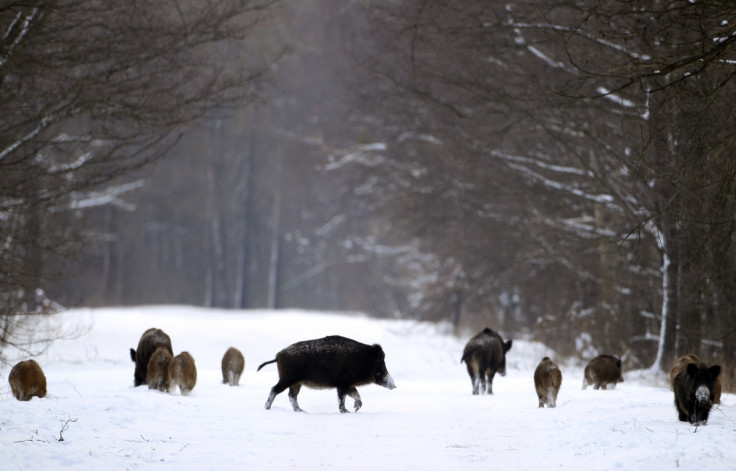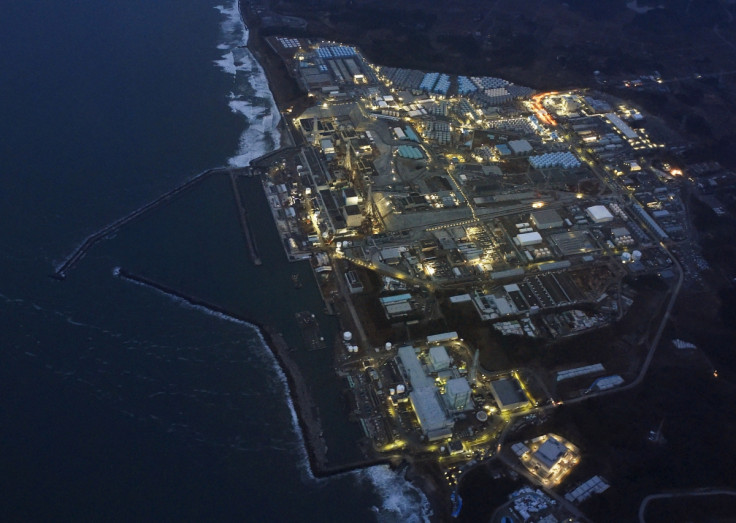Fukushima: 'Radioactive' wild boars on rampage in nuclear disaster site

Adding to the woes of people living near the exclusion zone around the now-defunct Fukushima Daiichi nuclear power plant is havoc caused by the thriving wild boar population which often goes on the rampage, damaging private property and crops.
According to local reports, the population of boars in the region has increased in five years since the disaster and the animals continue to "breed like rabbits", especially in the exclusion zone uninhabited by humans. The wild animals also venture outside the zone, damaging farms and private property, and injuring pedestrians.
The boars, once a local delicacy , have now been labelled unfit for human consumption. Their meat has previously been tested and found to be highly irradiated. There is currently not enough evidence to show their health has been affected by exposure in the exclusion zone where levels of radiation were 300 times the safe limit for humans. Smaller plants and animals have shown symptoms of mutation.
According to the Yomiuri newspaper, the government has offered rewards to hunters for culling the boars. The number of boars hunted has increased from 3,000 to 13,000 since 2014.
In the city of Nihonmatsu, six large graves capable of holding 600 boars each are already packed and locals are often forced to bury them in their gardens. "Sooner or later, we're going to have to ask local people to give us their land to use," Tsuneo Saito, a local hunter said. "The city doesn't own land which isn't occupied by houses."
In the city of Soma, a £1m ($1.4m) operation has been set in motion under which the carcasses of boars can be cremated, not buried. The incinerator is capable of filtering and absorbing any radioactive material that may be released but can only manage three boars a day.
Assistant ecology professor Okuda Keitokunin of the Fukushima University Environmental Radioactivity Institute told Mainichi newspaper: "Wild boar along with raccoon have been taking advantage of the evacuation zone, entering vacant houses in areas damaged by the [disaster], and using them as breeding places or burrows ."

© Copyright IBTimes 2025. All rights reserved.






















